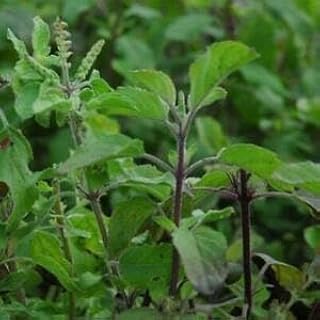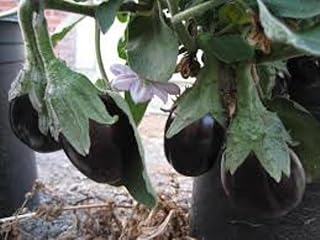Climate change poses a significant threat to the future of coffee production, impacting the commercially cultivated coffee species that are vital to the industry. The implications are dire, with many coffee-growing regions facing challenges such as unpredictable weather patterns, rising temperatures, and increased pest infestations. These factors have the potential to devastate coffee crops and disrupt global supply chains.
One potential solution that holds promise in mitigating the effects of climate change on coffee cultivation lies in the genetic diversity found in wild coffee plant species. These wild varieties, which have adapted to diverse and often harsh environmental conditions, possess genetic traits that could be crucial for developing climate-resilient coffee plants. By tapping into the genetic reservoir of wild coffee species, researchers and farmers may be able to breed new coffee varieties that are better equipped to withstand the challenges posed by a changing climate.
Historically, coffee cultivation has faced numerous challenges, from diseases like coffee leaf rust to the impact of climate variability on crop yields. The current threat posed by climate change represents a new and complex challenge that requires innovative solutions to ensure the long-term sustainability of the coffee industry. Genetic diversity offers a potential avenue for resilience and adaptation in the face of these evolving environmental conditions.
Experts in the field of agricultural genetics emphasize the importance of preserving and utilizing genetic diversity in crops like coffee to enhance their resilience to changing environmental conditions. By incorporating genetic traits from wild coffee species into cultivated varieties, scientists hope to create coffee plants that are better able to withstand heat stress, drought, and other climate-related challenges. This approach could help secure the future of coffee production in a warming world.
Industry stakeholders are increasingly recognizing the need to invest in research and development efforts focused on enhancing the genetic diversity of coffee plants. Collaborative initiatives involving scientists, breeders, and farmers aim to identify and harness valuable genetic traits that can confer resilience to climate change. By leveraging the natural adaptations of wild coffee species, these efforts seek to future-proof coffee cultivation against the uncertainties brought about by a changing climate.
As the global demand for coffee continues to rise, ensuring the sustainability and viability of coffee production becomes ever more crucial. Genetic diversity stands out as a key asset in this endeavor, offering a reservoir of traits that could enable coffee plants to thrive in the face of environmental challenges. By integrating genetic diversity into breeding programs and cultivation practices, the coffee industry may find a path towards resilience and adaptation in a world shaped by climate change.
In conclusion, the exploration of genetic diversity in wild coffee species represents a promising avenue for safeguarding the future of coffee production in the face of climate change. By harnessing the natural adaptations and resilience of wild coffee plants, researchers and farmers have the opportunity to develop new varieties that can withstand the challenges posed by a warming climate. As efforts to enhance genetic diversity in coffee gain momentum, the industry may find a sustainable path forward amidst the uncertainties of a changing world.
📰 Related Articles
- Windale Hub Council Meeting to Address Climate Resilience and Family Strategy
- Rethink Clothing Shopping: Australians Urged to Combat Climate Change
- Monumental Puppet Production Raises Climate Change Awareness Across Borders
- Lake Macquarie Council Proactively Addresses Climate Change Challenges
- Green Technology: Driving Innovation in Climate Change Solutions






